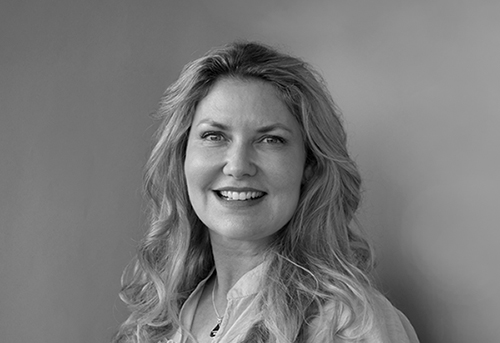Stacey Power (RN)
CANNZ Executive Member Stacey Power (RN) answers questions about clinical aesthetic treatments. CANNZ members are fully qualified and experienced medical professionals who use safe and effective cosmetic products and treatments.

Also known as Aesthetic Medicine, Appearance Medicine, Anti-Ageing Medicine, or Cosmetic Medicine, Clinical Aesthetics is a developing clinical speciality. It’s distinct from plastic surgery, providing minimally invasive medical treatments (not involving surgery) to enhance patients’ satisfaction with their physical appearance. The procedures are elective and performed on adult patients who are otherwise healthy. Clinical Aesthetic Treatments require very little, if any, downtime and can be done in a lunch hour.
Indications can usually be seen on the face, neck, hands, and décolleté and can include:
- Ageing or sun-damaged skin.
- Lines and wrinkles.
- Loss of youthful facial contours – jowls, loss of jawline, tired looking cheeks.
- Scarring, acne scarring, stretch marks.
- Uneven pigmentation.
- Open pores.
- Broken capillaries.
Clinical aesthetics is not just for the ageing patient – it can be used to enhance facial features such as lips, nose, cheeks, chin and jawline. It can also protect, maintain, and enhance younger skin.
Cosmetic practitioners may also undertake treatments for indications of the body which can include:
- Unwanted hair/hair loss.
- Unwanted fat.
- Unsightly leg veins.
- Excessive sweating (hyperhidrosis).
Treatments include the following (non-exhaustive list):
- Dermal fillers
- Botulinum toxins
- Medical needling
- Chemical peels
- Cosmeceutical and prescription skin care
- Laser, Intense Pulsed Light, radio frequency and ultra sound
- Carboxytherapy
- Medical microdermabrasion
- Mesotherapy
- Sclerotherapy
- Platelet Rich Plasma (PRP)
- PRP-Shots for men and women
- Threads, mono threads and micro threads
Only registered practitioners who are licensed or hold current practicing certificates. This includes, plastic surgeons, doctors, dentists, dermatologists. Registered nurses, advanced paramedics and pharmacists may also administer treatments under standing orders provided by a doctor.
The Clinical Aesthetic Network of New Zealand (CANNZ) is New Zealand’s collaborative, inclusive community of cosmetic professionals. CANNZ members share information, knowledge, skills and training to ensure members follow “best practices” to deliver reliable and successful outcomes for clients.
Clinical aesthetic treatments are becoming more common in New Zealand, as they become affordable, safer, and socially acceptable. This means demand for safe, effective, and affordable cosmetic procedures is increasing at a rapid pace. In general, the more experienced and skilled your practitioner is, the better the results.
Choosing a cosmetic appearance practitioner who is an accredited member of CANNZ means you can be confident that are in safe and competent hands. CANNZ practitioners only use products that have been approved by a regulatory body such as Medsafe, TGA or FDA.
Any cosmetic injectable or invasive cosmetic treatment is not without risk and warrants specialist clinical expertise.
